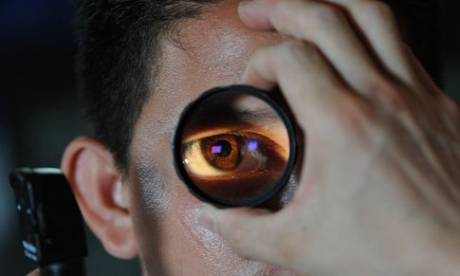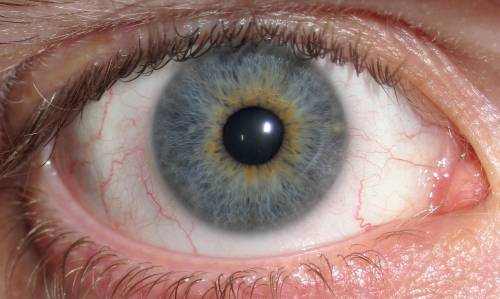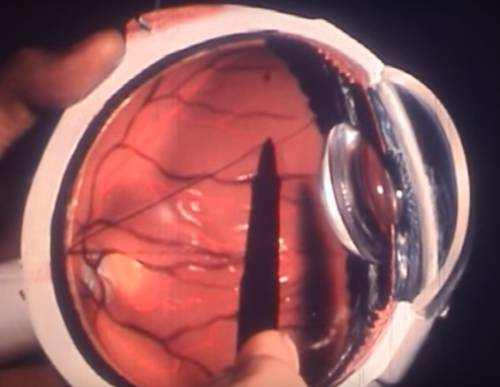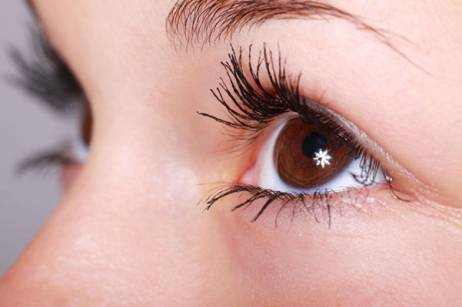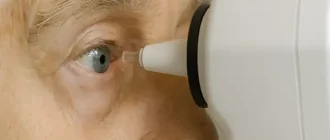What Is Glaucoma, and Why Does Eye Pressure Matter?
Glaucoma is a group of eye diseases that cause damage to the optic nerve, often due to increased intraocular pressure (IOP). If left untreated, glaucoma can lead to permanent vision loss. According to the Centers for Disease Control and Prevention (CDC), around 3 million Americans have glaucoma, making it a leading cause of blindness in the U.S.
Prevalence of Glaucoma by Age Group
| Age Group | Prevalence (%) |
|---|---|
| 40-49 | 1.5% |
| 50-59 | 3.2% |
| 60-69 | 6.8% |
| 70+ | 10.5% |
This chart illustrates the prevalence of glaucoma across different age groups, showing a significant increase in older populations.
How Does Intraocular Pressure Affect the Eyes?
Intraocular pressure is the fluid pressure inside the eye. A healthy eye maintains a balance between fluid production and drainage. When this balance is disrupted, pressure can build up, damaging the optic nerve. While normal eye pressure ranges between 10-21 mmHg, some people with higher pressures may not develop glaucoma, while others with normal or even low pressures can still suffer nerve damage.
What Are the Types of Glaucoma?
There are several types of glaucoma, each with different causes and risk factors:
- Primary Open-Angle Glaucoma (POAG): The most common type, occurring when the eye’s drainage system becomes inefficient, leading to slow pressure buildup.
- Angle-Closure Glaucoma: A sudden blockage of fluid drainage, causing rapid IOP increase and requiring emergency treatment.
- Normal-Tension Glaucoma: Occurs even when IOP is within a normal range, possibly due to poor blood flow to the optic nerve.
- Congenital Glaucoma: A rare condition present at birth due to improper eye drainage development.
- Secondary Glaucoma: Develops due to other conditions, such as diabetes, trauma, or prolonged steroid use.
Who Is at Risk for Glaucoma?
Glaucoma can affect anyone, but some groups are at higher risk:
- People over 60 (especially Hispanic and Latino populations)
- African Americans over 40
- Individuals with a family history of glaucoma
- Those with diabetes or high blood pressure
- People who have had eye injuries or surgeries
What Are the Symptoms of Glaucoma?
Glaucoma is often called the “silent thief of sight” because it may not cause symptoms until significant vision loss occurs. However, depending on the type, symptoms can include:
- Gradual loss of peripheral vision (common in open-angle glaucoma)
- Severe eye pain, headache, nausea, and blurred vision (common in angle-closure glaucoma)
- Seeing halos around lights
- Red eyes
How Is Glaucoma Diagnosed?
An eye doctor can diagnose glaucoma through comprehensive eye exams, including:
- Tonometry: Measures eye pressure.
- Ophthalmoscopy: Examines the optic nerve for signs of damage.
- Visual Field Test: Detects peripheral vision loss.
- Pachymetry: Measures corneal thickness, which can influence IOP readings.
- Gonioscopy: Assesses the drainage angle in the eye.
What Are the Treatment Options for Glaucoma?
Glaucoma treatment focuses on lowering eye pressure to prevent further optic nerve damage. Options include:
- Medicated Eye Drops: Reduce fluid production or improve drainage.
- Laser Therapy: Helps open drainage pathways (e.g., selective laser trabeculoplasty for open-angle glaucoma).
- Surgical Procedures: In severe cases, surgeries like trabeculectomy or drainage implants can help control eye pressure.
Effectiveness of Different Glaucoma Treatments
| Treatment Method | Effectiveness (%) |
|---|---|
| Medicated Eye Drops | 80% |
| Laser Therapy | 70% |
| Surgical Procedures | 90% |
This chart illustrates the effectiveness of different glaucoma treatments, showing that surgical procedures are the most effective, followed by medicated eye drops and laser therapy.
Can Lifestyle Changes Help Manage Glaucoma?
While medical treatments are essential, certain lifestyle modifications may help support eye health:
- Regular Eye Exams: Early detection is crucial.
- Healthy Diet: Nutrients like vitamin C, omega-3 fatty acids, and antioxidants support eye health.
- Exercise: Moderate activity can improve blood circulation.
- Limit Caffeine and Salt: High intake may affect eye pressure.
Editorial Advice
Glaucoma is a progressive eye disease that requires lifelong management. Early detection and consistent treatment are the best defenses against vision loss. If you are at risk or notice any symptoms, consult an eye doctor as soon as possible.
Reyus Mammadli, a health care advisor, emphasizes the importance of early detection and consistent treatment. He advises patients to adhere to prescribed treatments and avoid missing eye exams. He also highlights the need for an individualized approach, as glaucoma can progress differently in each person.
